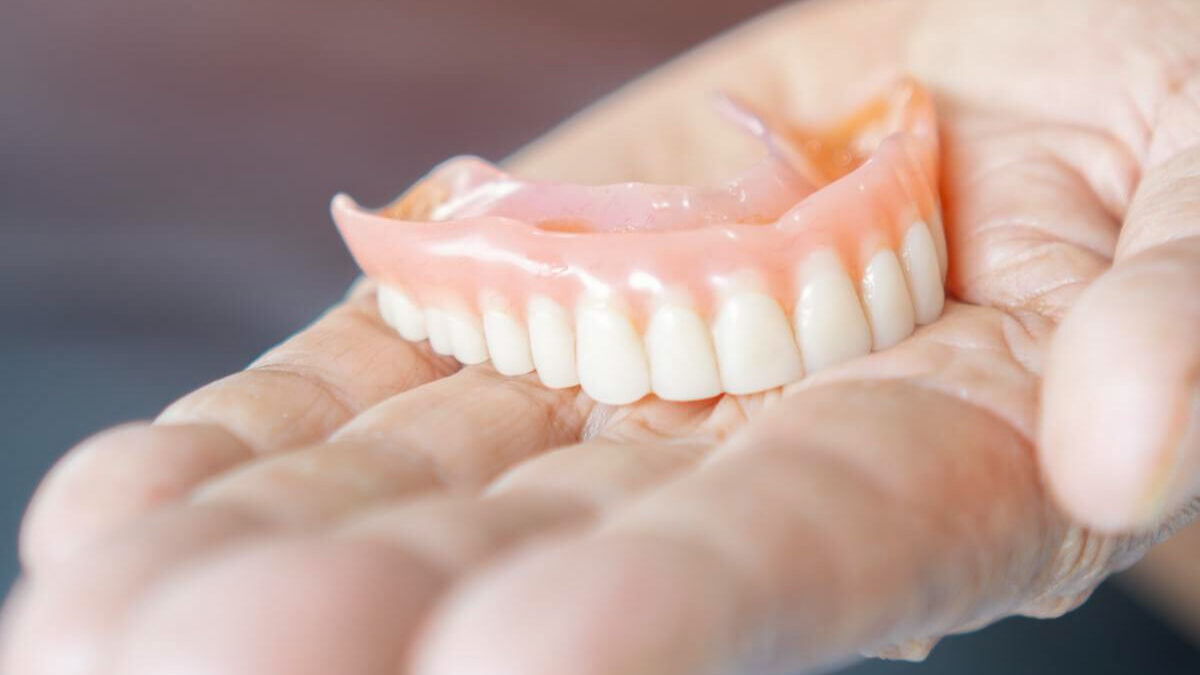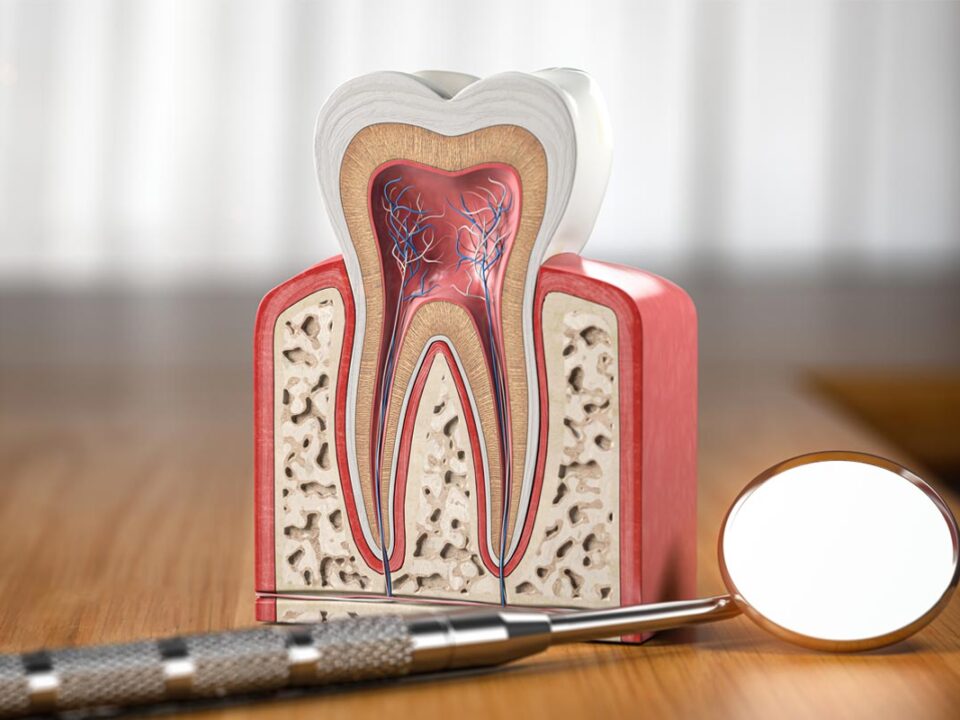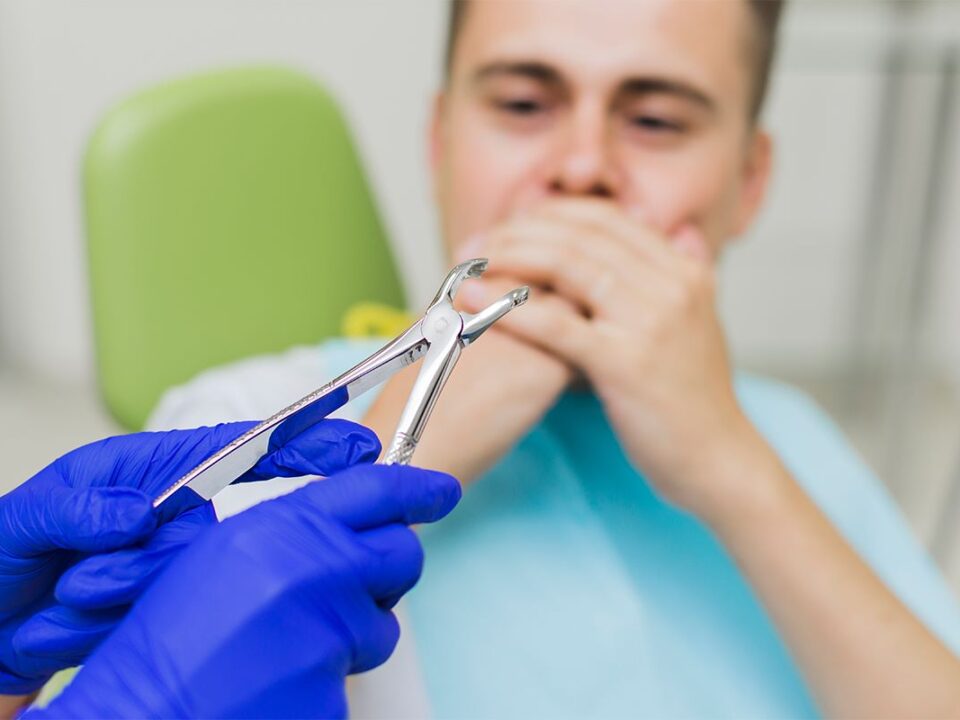What Types of Materials Are Used in Making Dentures?

Metal Crowns vs. Porcelain Dental Crowns
October 11, 2021
Emergency Pediatric Dentistry in Kirkland, Washington
October 10, 2024Dentures are essential if you are missing multiple teeth. But that’s not all. Denture material is also important since a good one can bring you comfort, durability, and aesthetics. Each denture gum material has specific benefits and works best in different scenarios. So, keep reading our article to learn about various materials and understand which might be right for you.
Table of Contents
ToggleWhat Materials Are Dentures Made Of?
Now that we’ve established ground information let’s explore the different denture material options and the benefits they offer:
Acrylic Dentures
They are one of the most common materials because they’re lightweight, affordable, and relatively easy to adjust for a comfortable fit. This material is ideal for both full and partial dentures, especially if you are on a budget or need temporary dentures. However, they are less durable than other options. They need replacing more frequently due to wear, breakage, or staining.
Porcelain Dentures
They are also a popular denture material because they offer durability and a natural appearance. They are also highly resistant to stains and can last longer than acrylic. Porcelain dentures are great for front teeth or if you are looking for a beautiful option. However, they are more expensive than acrylic and more prone to chipping if you drop them.
Flexible Dentures
These denture material types are made from thermoplastic materials, such as Valplast. They are flexible, lightweight, adaptable to changes in the mouth, and also offer a more comfortable fit. Go for them if you want partial dentures that fit around your natural teeth. However, these dentures may wear down over time and may not last as long as other options.
Metal-Based Dentures
Metal-based material means titanium or cobalt-chromium in their framework. They provide a sturdy structure for long-term use, are extremely durable, thinner than acrylic, and offer better support for chewing. Choose this type if you want a partial denture in Kirkland, WA or if you need strong support for everyday chewing. However, they are more visible and tend to be more expensive than acrylic ones.
What Is the Best Material for Dentures?
Porcelain is often considered the best denture teeth material. They typically last between 10 to 15 years. Porcelain lasts longer, is durable, and provides a natural look that closely mimics real teeth. In addition, they resist stains better than acrylic and are much more durable. But as we mentioned, porcelain is more prone to chipping, so tread lightly.
Read More: Sedation Dentistry Seattle
What Is the Best Material for Partial Dentures?
Metal-based types are generally the top choice for partial dentures. Metal-based partial dentures can last 10 to 20 years. In addition, these dentures are long-lasting, thinner, and more comfortable to wear. The metal framework gives better support for chewing and is less bulky.
Allergic Reactions to Denture Material
Unfortunately, you may have an allergic reaction to some denture materials. But, there is no need to worry. Here’s what to look out for:
- You might be sensitive to the chemicals used in acrylic. This type can lead to irritation or inflammation.
- Metals like nickel can also cause allergic reactions. If you’re sensitive to metals, speak with our dentists about alternative materials, like titanium or cobalt-chromium, which are less likely to trigger allergies.
If you think you are allergic to your dentures, call us at (425) 827-2003 and consult our dentists for a material that better suits your needs.
Best Types of Denture Materials in Kirkland, Washington
If you are interested in the best artificial teeth material in Kirkland, Washington, then your path is clear. So, stop Googling “Where can I buy acrylic resin?” Contact Kirkland Dental Excellence online or call (425) 827-2003 to get a denture that meets your specific dental budget. Our team only offers options that are comfortable, durable, and affordable. So, contact us and get your custom dentures that fit seamlessly and function properly.
Conclusion
Choosing the right denture material is key. If you are looking for the natural look of porcelain or the flexibility of thermoplastic resins, there’s a material for your every need. Remember to do your research and select the best option for your teeth and lifestyle.
FAQs
Yes, acrylic is one of the most commonly used materials for both full and partial dentures.
It is typically made of acrylic.
Yes, porcelain is a common material for denture teeth, known for its durability and natural appearance.




